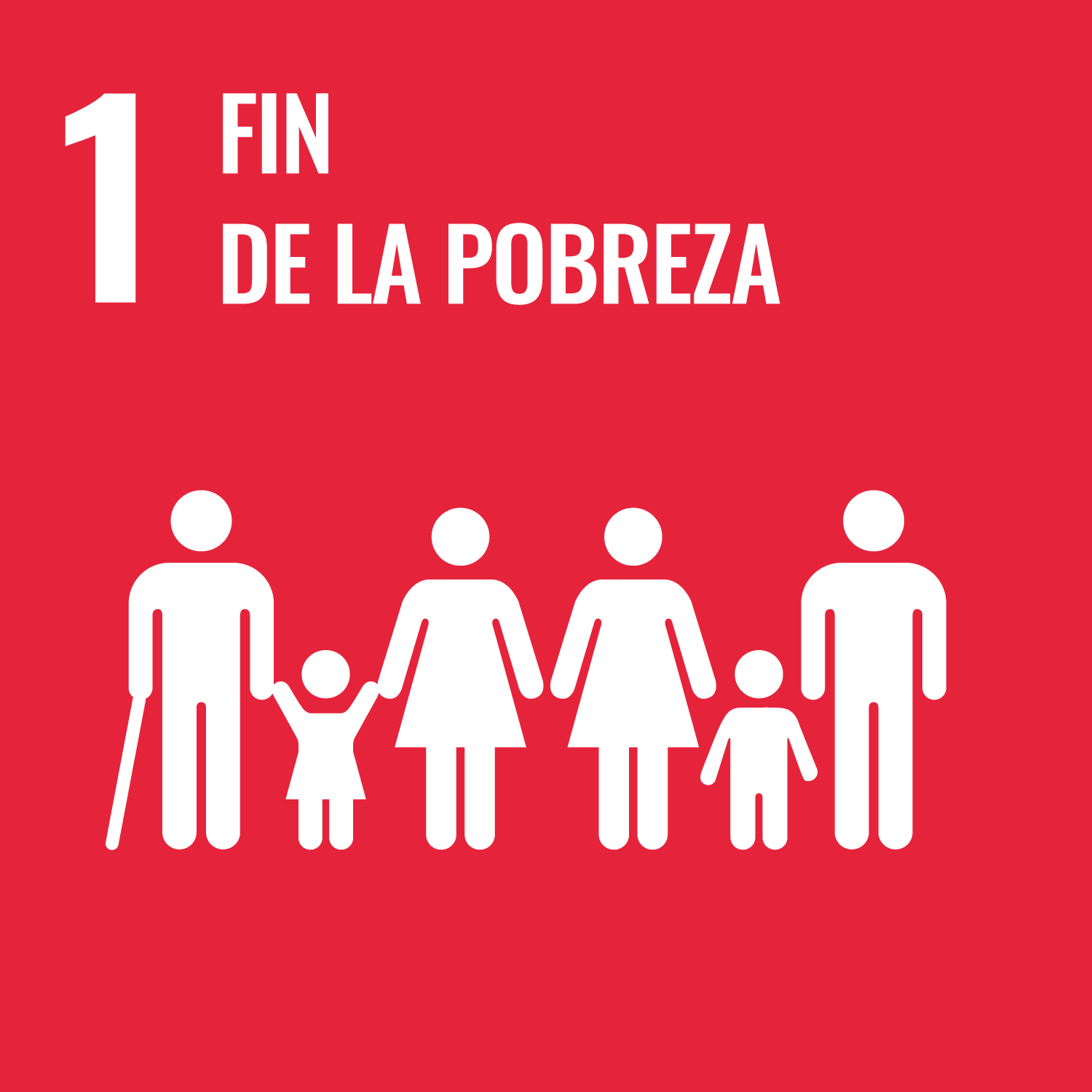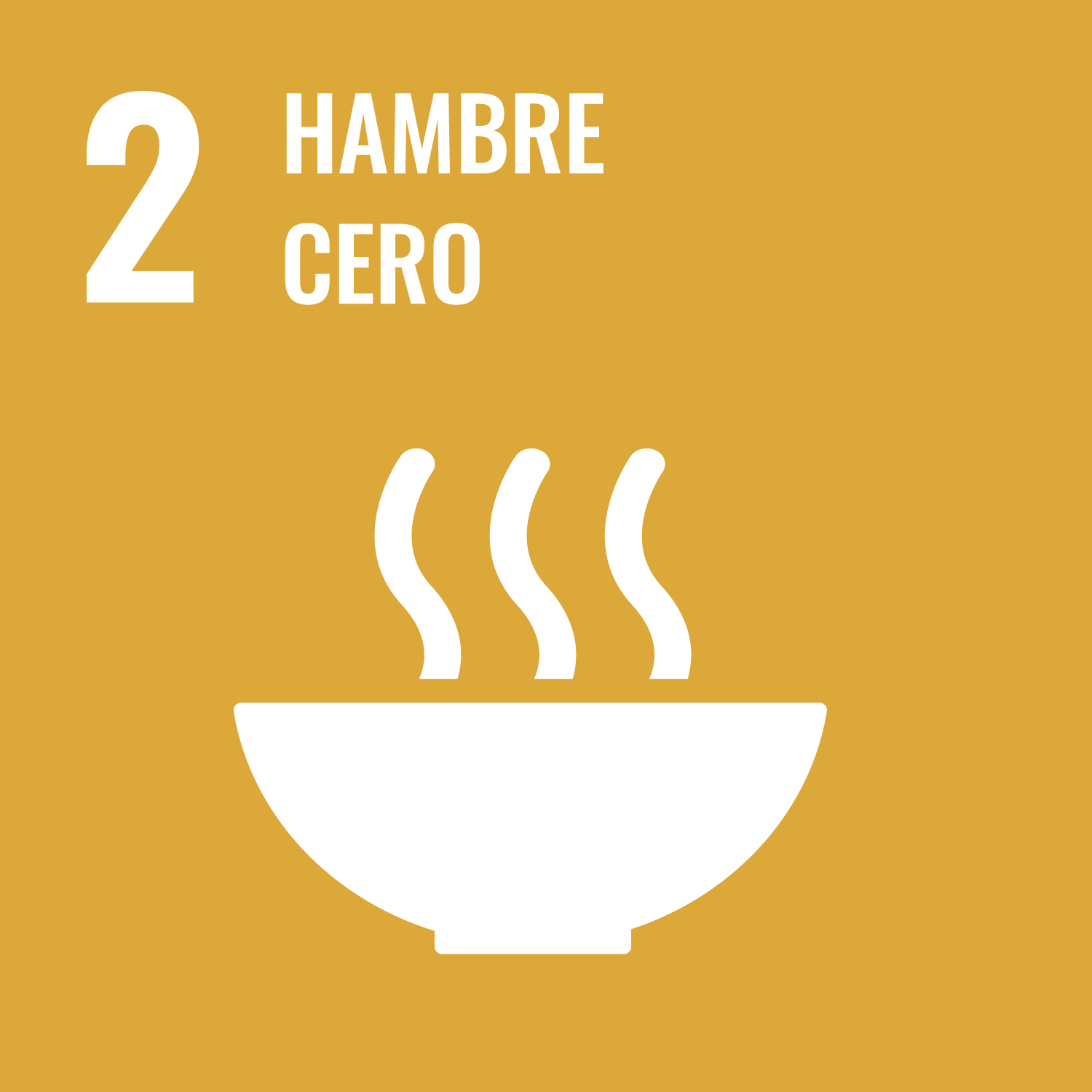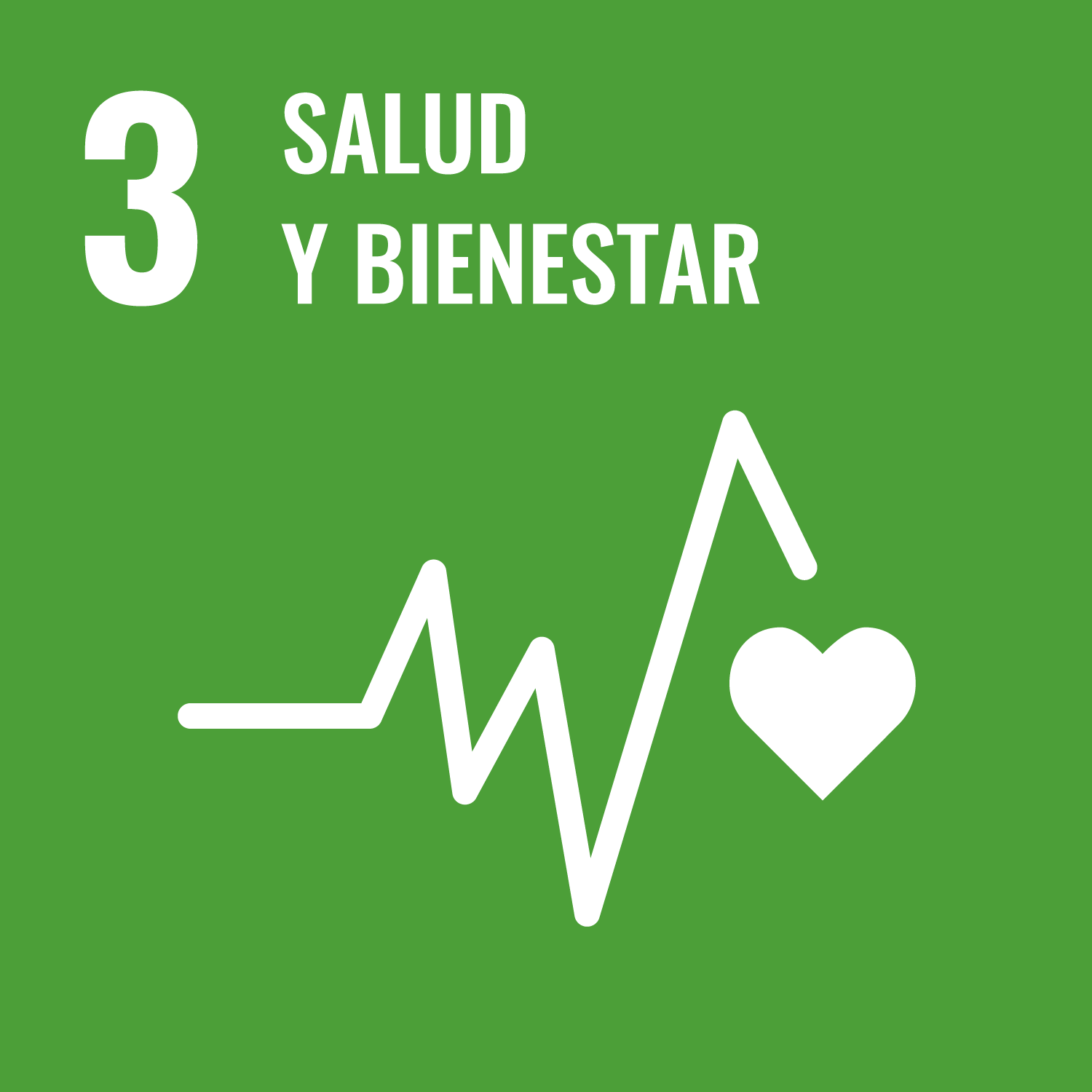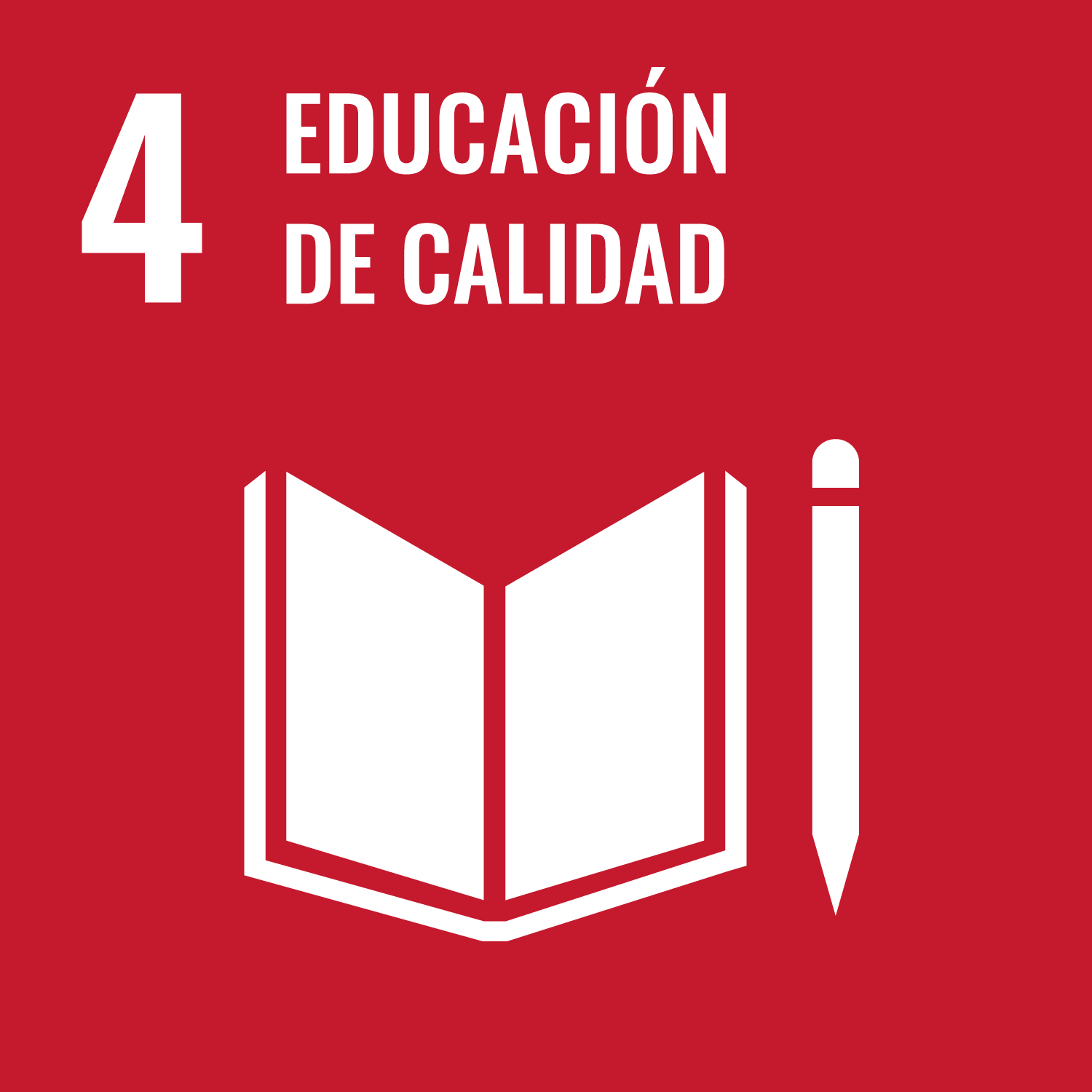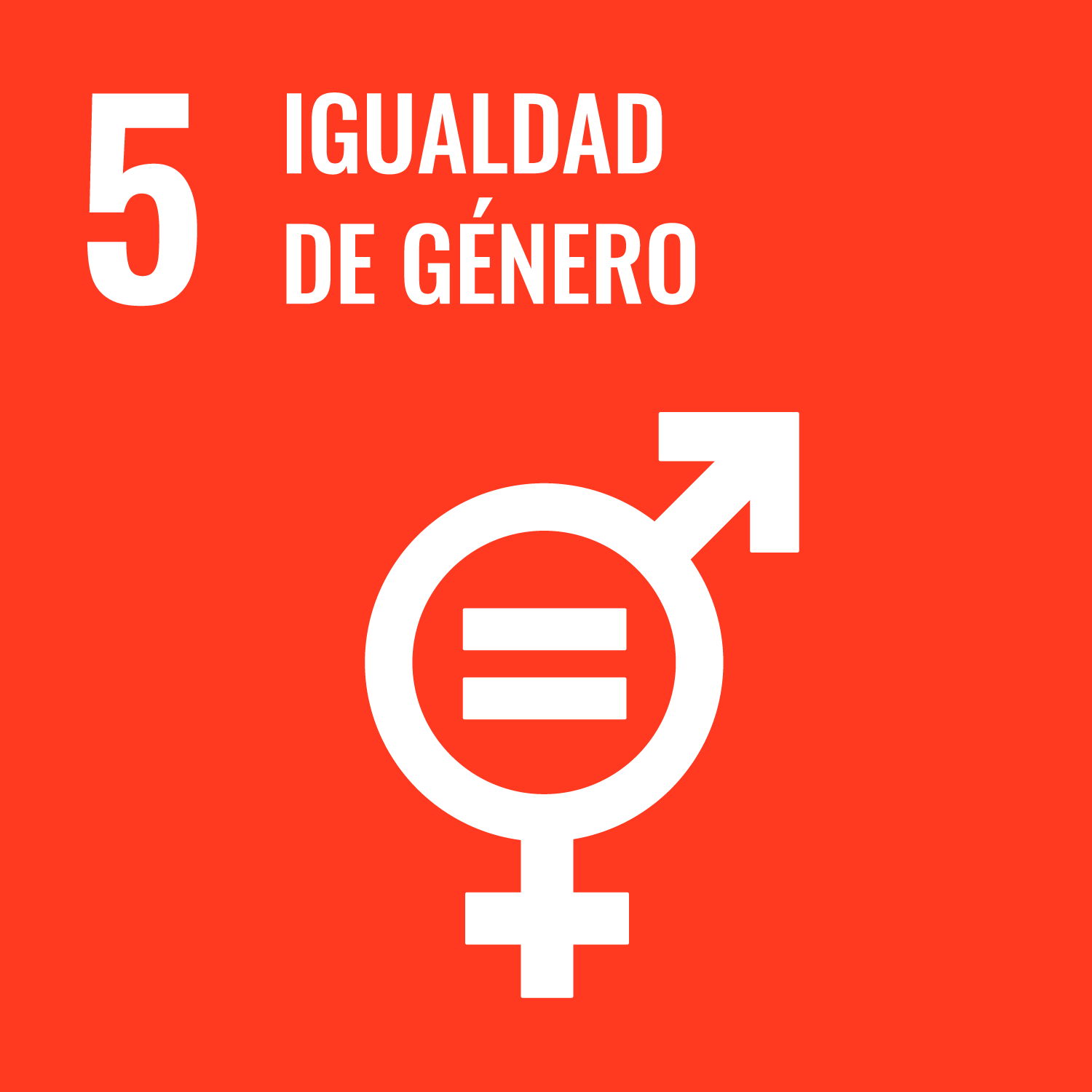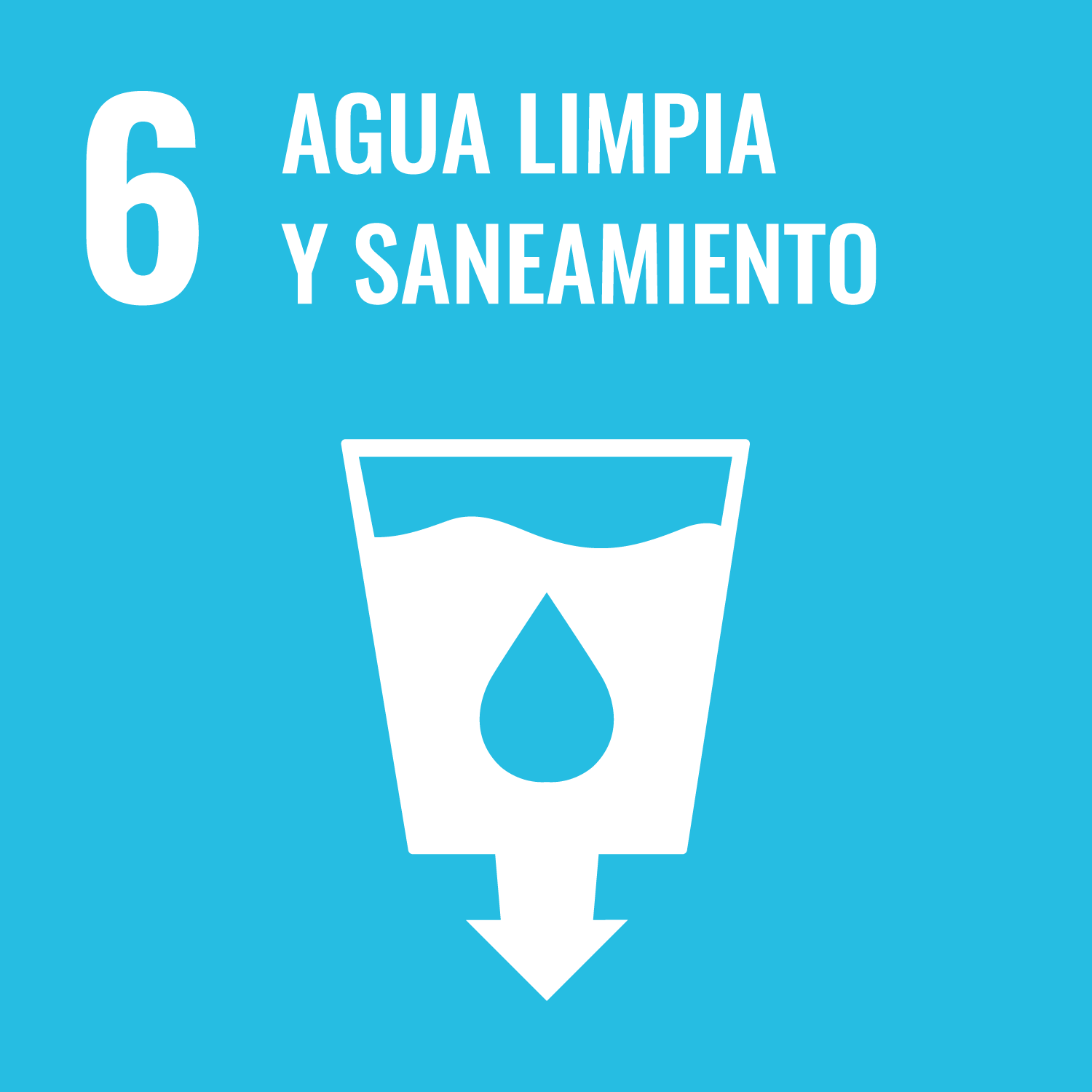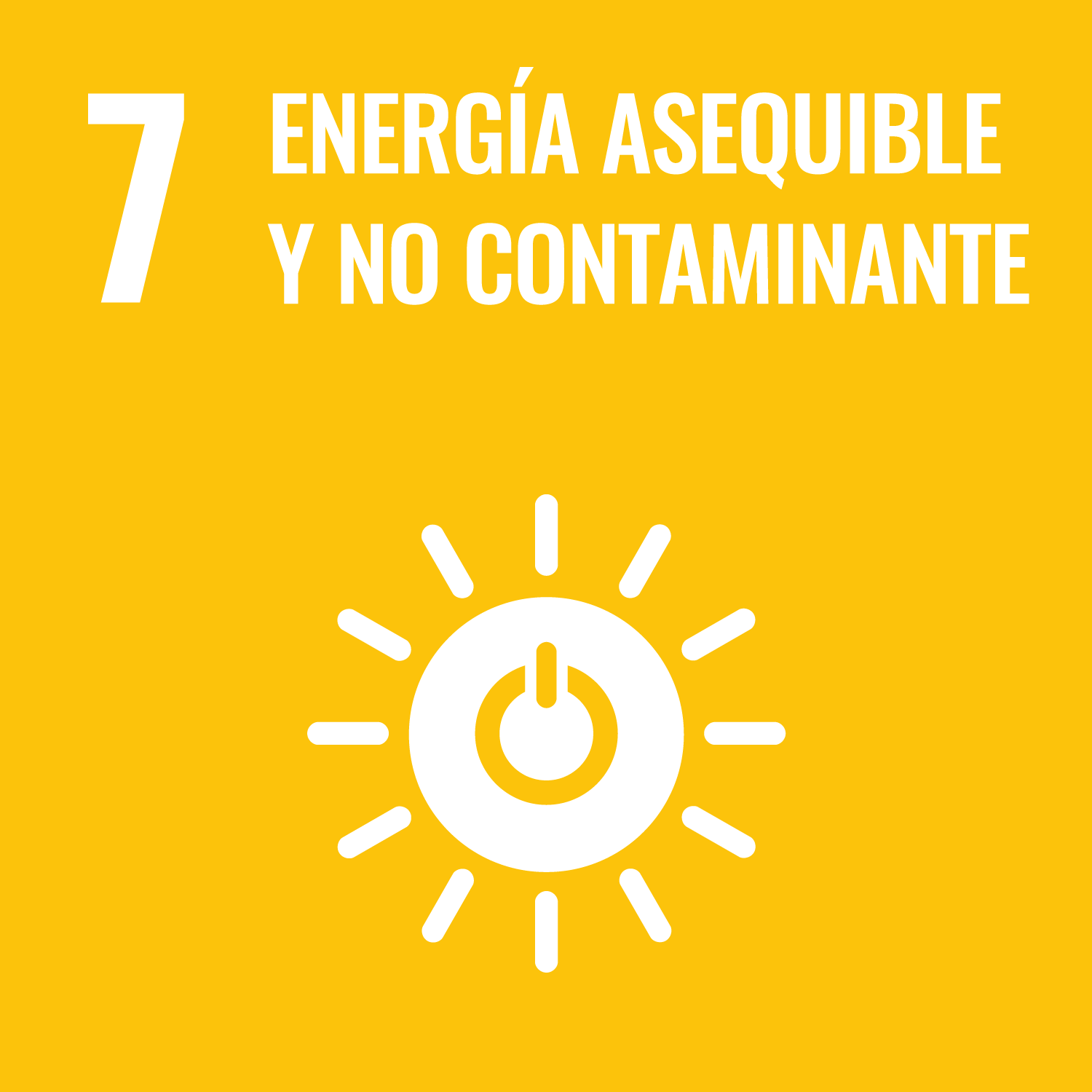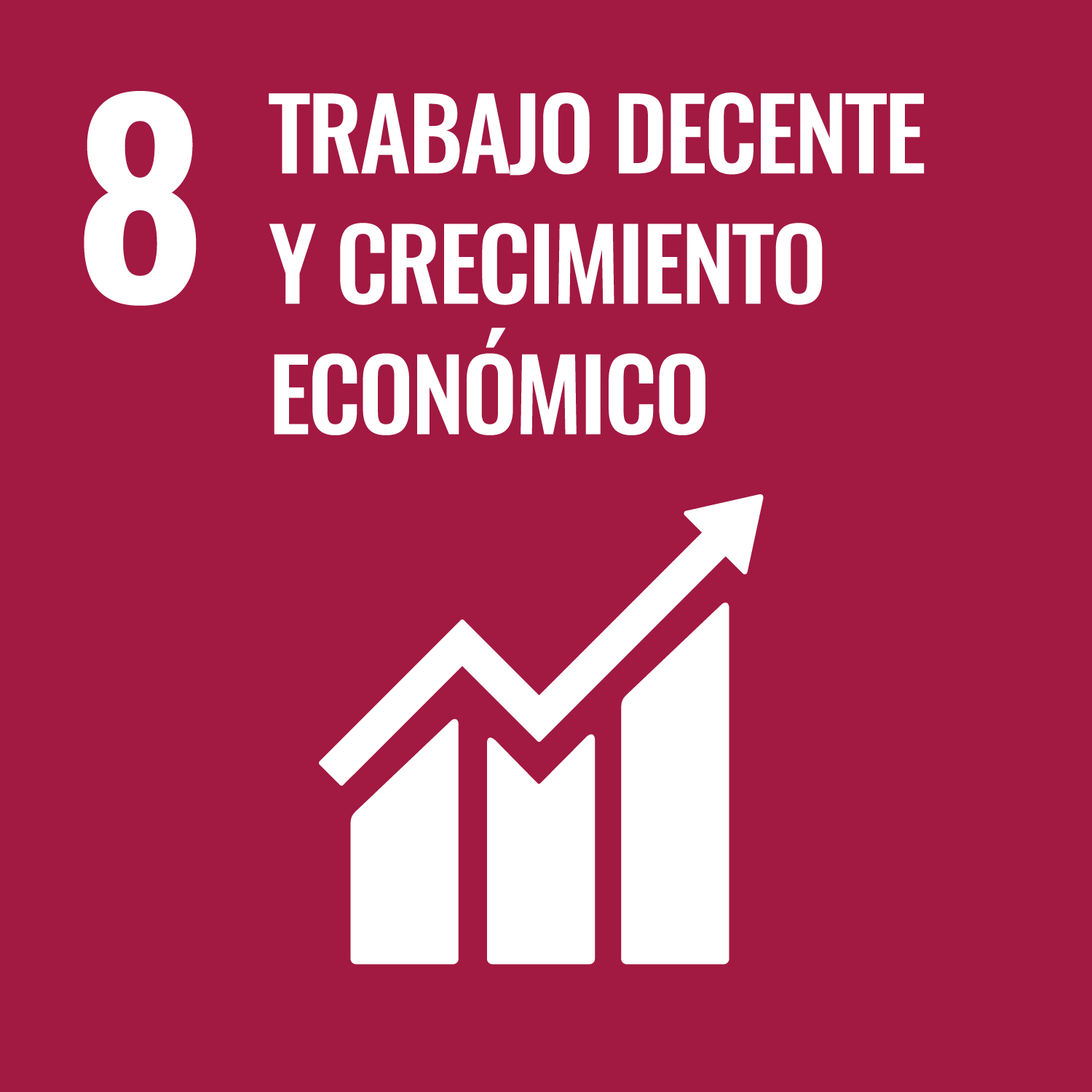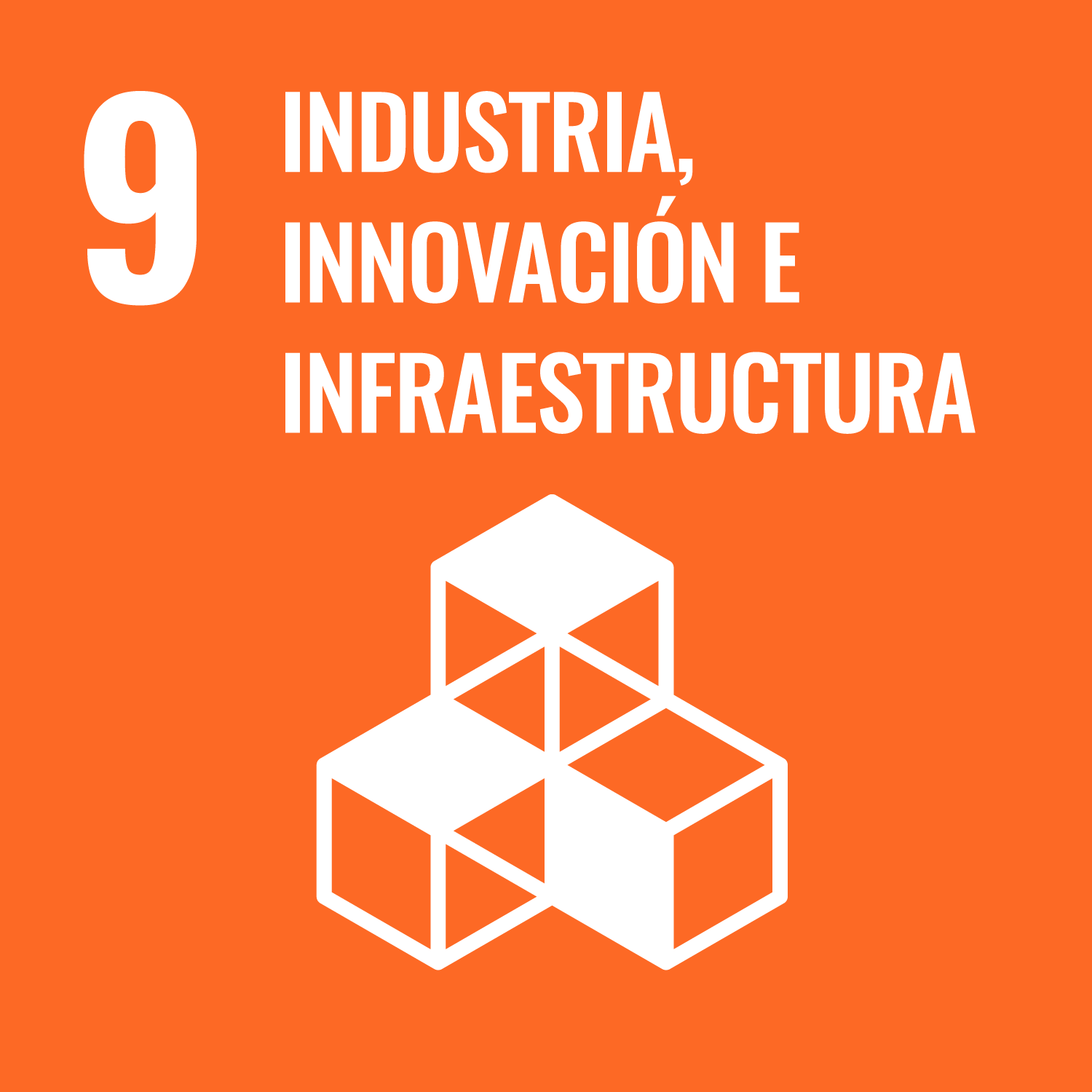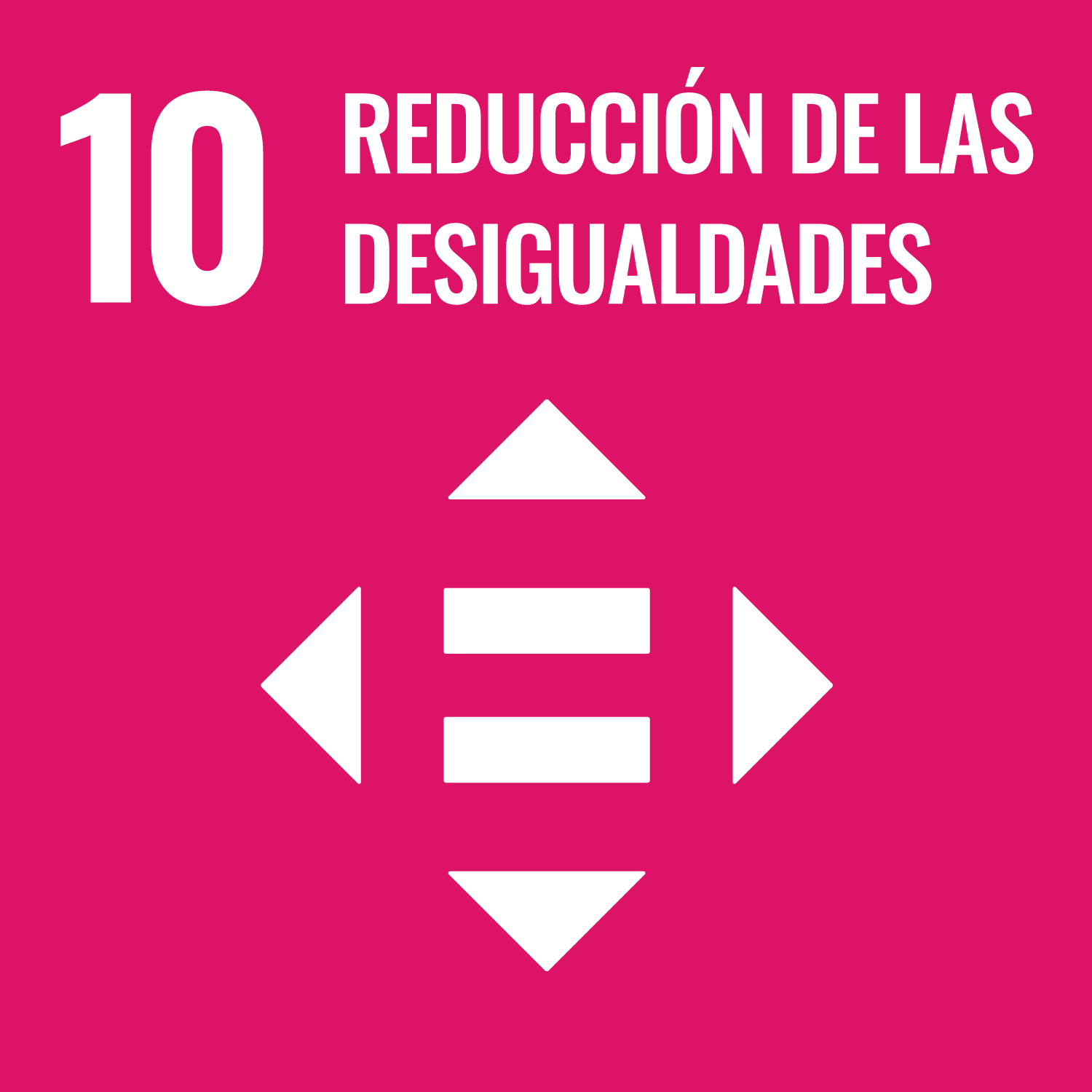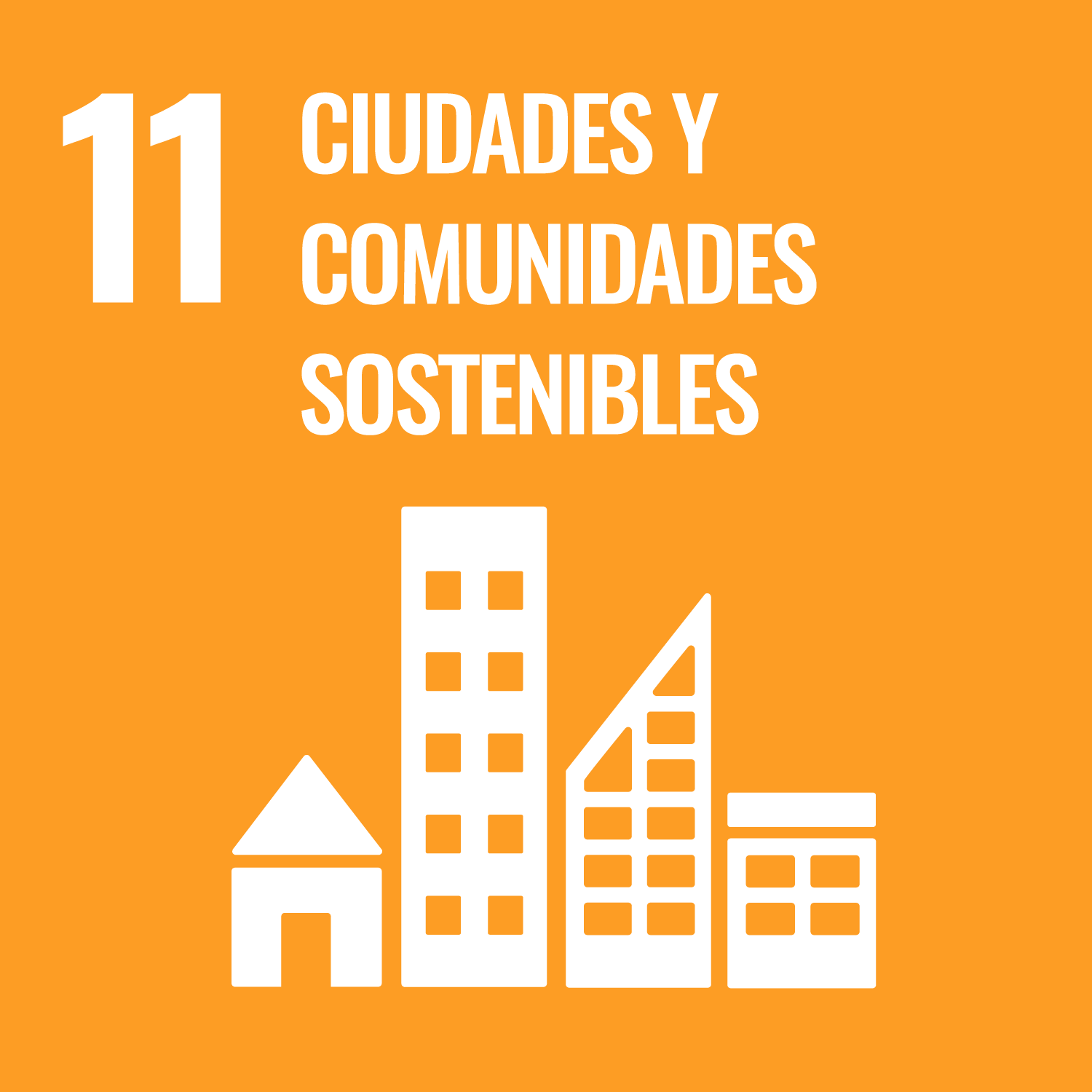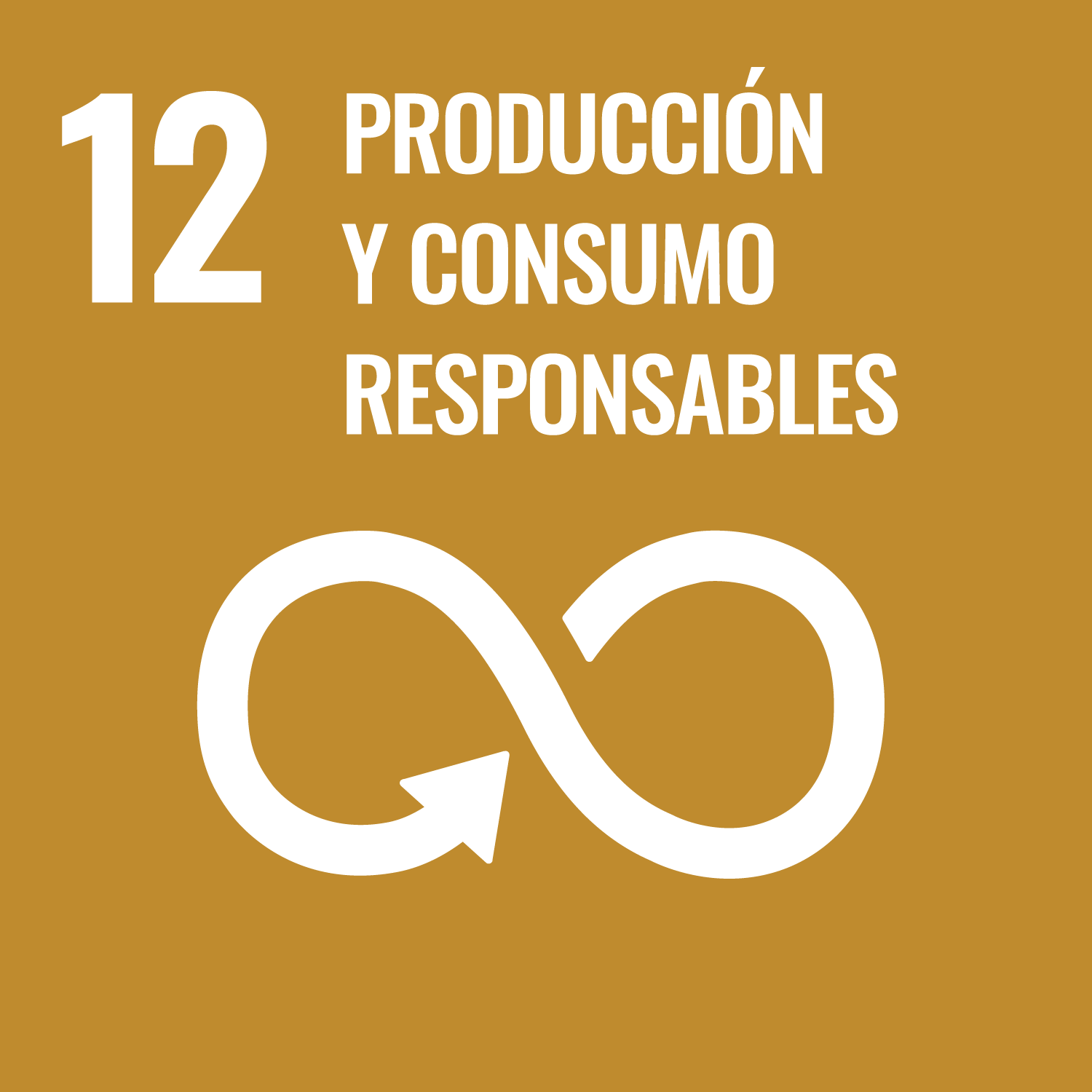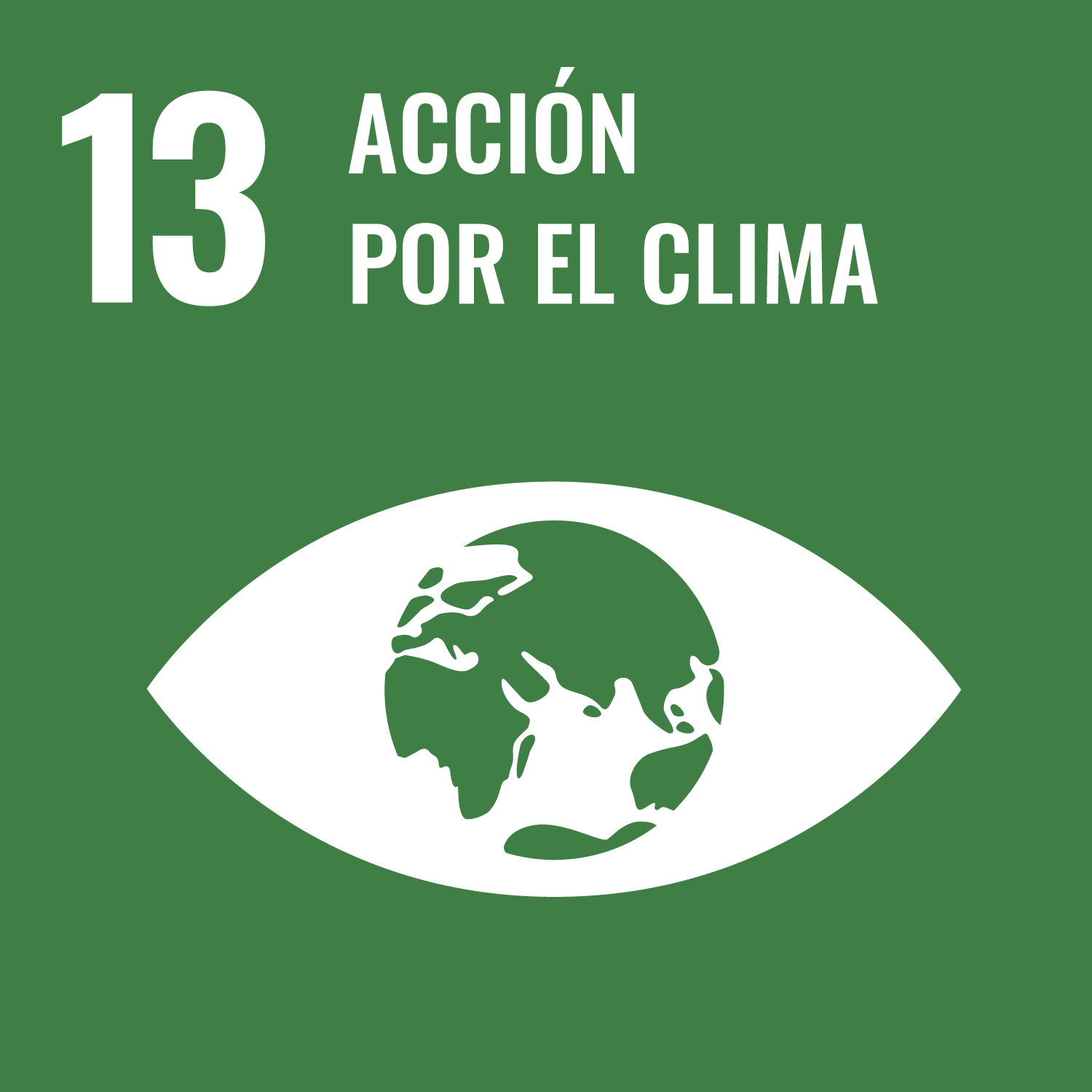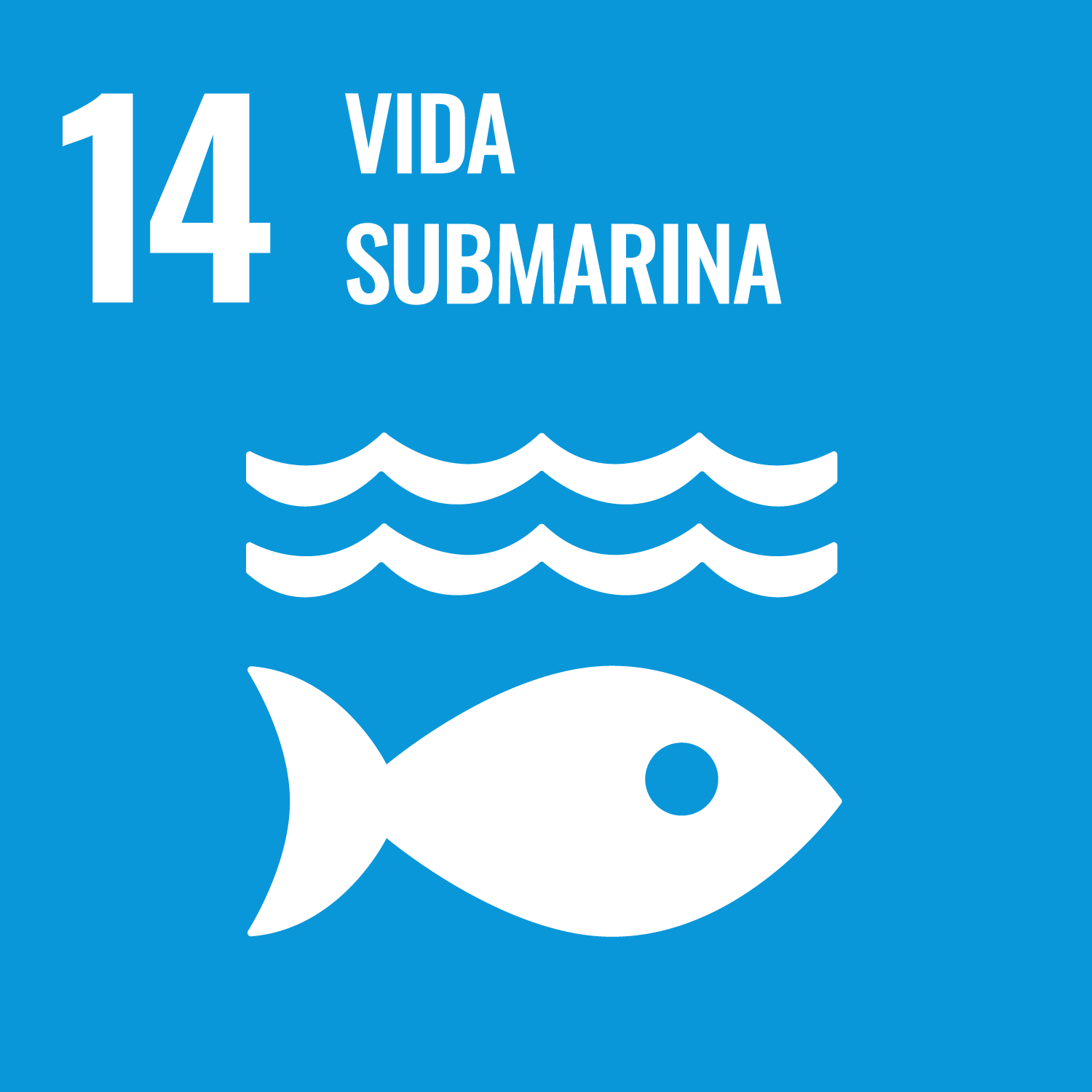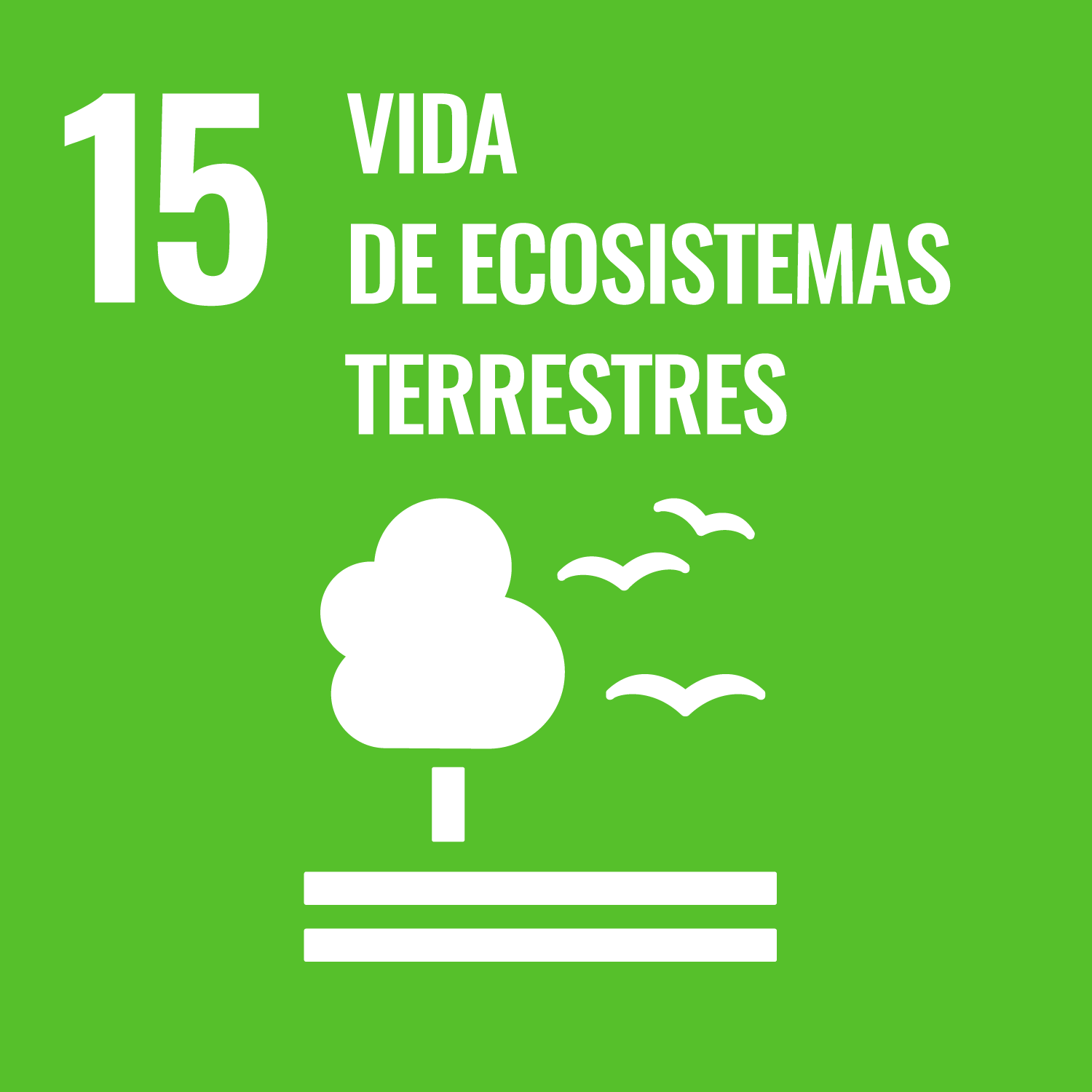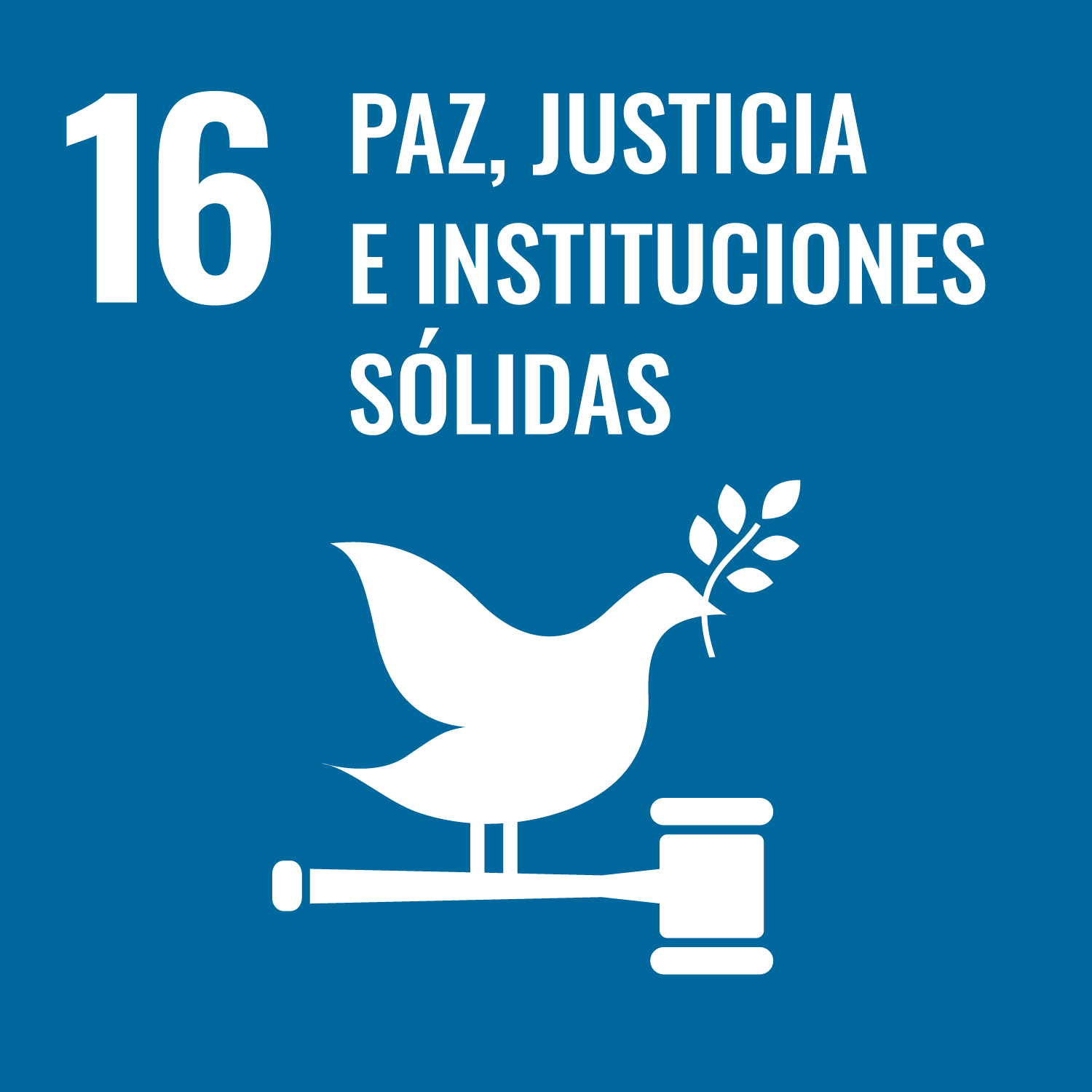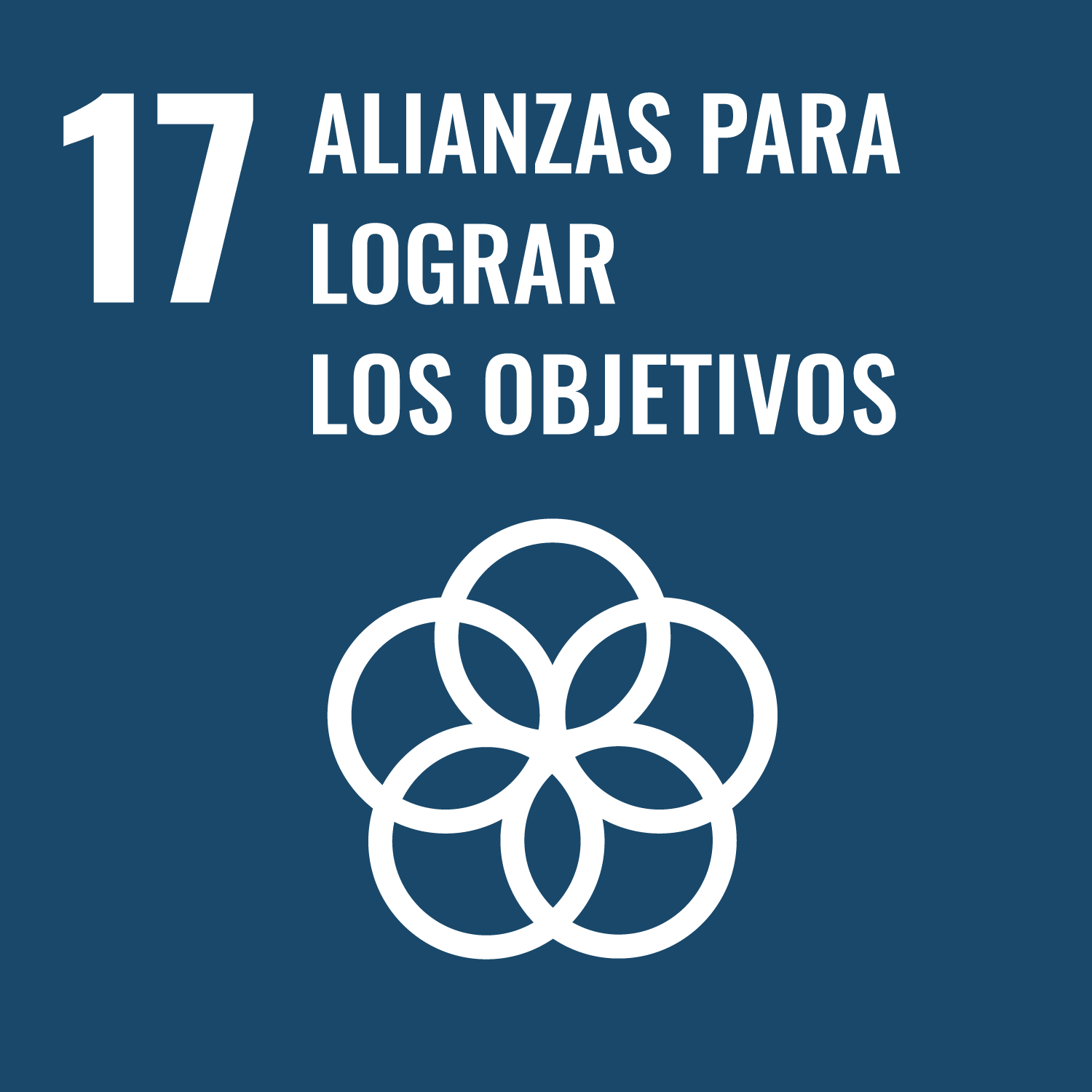The Philippines’ Joint Programme (JP) for Integrated Social Protection addresses the risks and vulnerabilities that the people in the Bangsamoro Autonomous Region in Muslim Mindanao (BARMM) – especially the poorest, most vulnerable and marginalized – face in times of natural and human-induced disasters. Various programmes to respond to the social and economic challenges in BARMM (e.g. poverty, education, health, water, electricity, employment and agriculture) will be designed for this purpose.
Over the first six months, an inter-agency Technical Working Group on shock-responsive social protection was formed and a memorandum order formally creating the JP Steering Committee was drafted. A joint UN/BARMM Ministries meeting was conducted to bring stakeholders up to speed on the JP, its objectives and workplans.
The JP has also repurposed up to 20% of funding for COVID-related activities. The Ministry of Social Services and Development and UNICEF have implemented an emergency cash transfer for 1,000 households excluded from the Government’s “4 Ps” (Pantawid Pamilyang Pilipino Program) and Social Amelioration Program for poor households affected by the pandemic. A second emergency cash transfer is in the process of being formalized by the Ministry and the FAO to assist 800 agriculture-dependent households whose livelihoods have been similarly jeopardized. The JP in the Philippines has thus made significant progress over its first semester.


